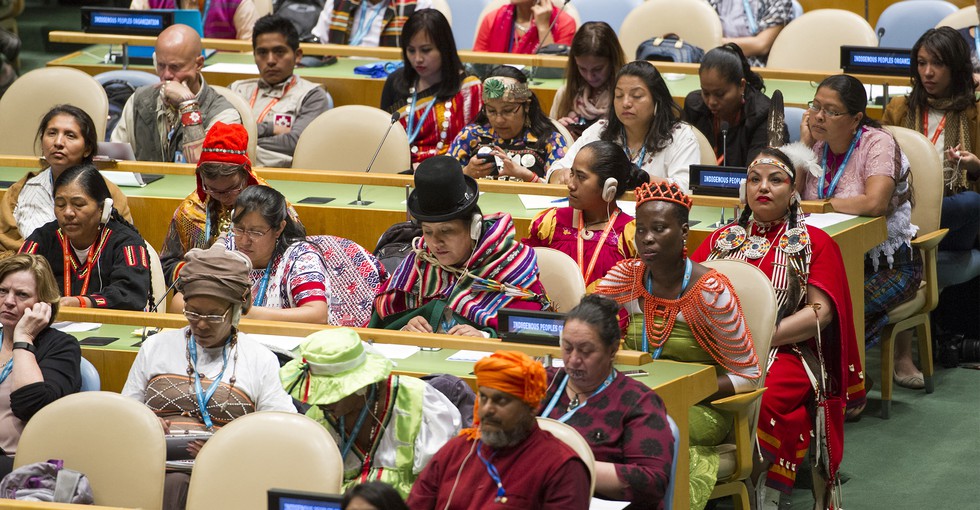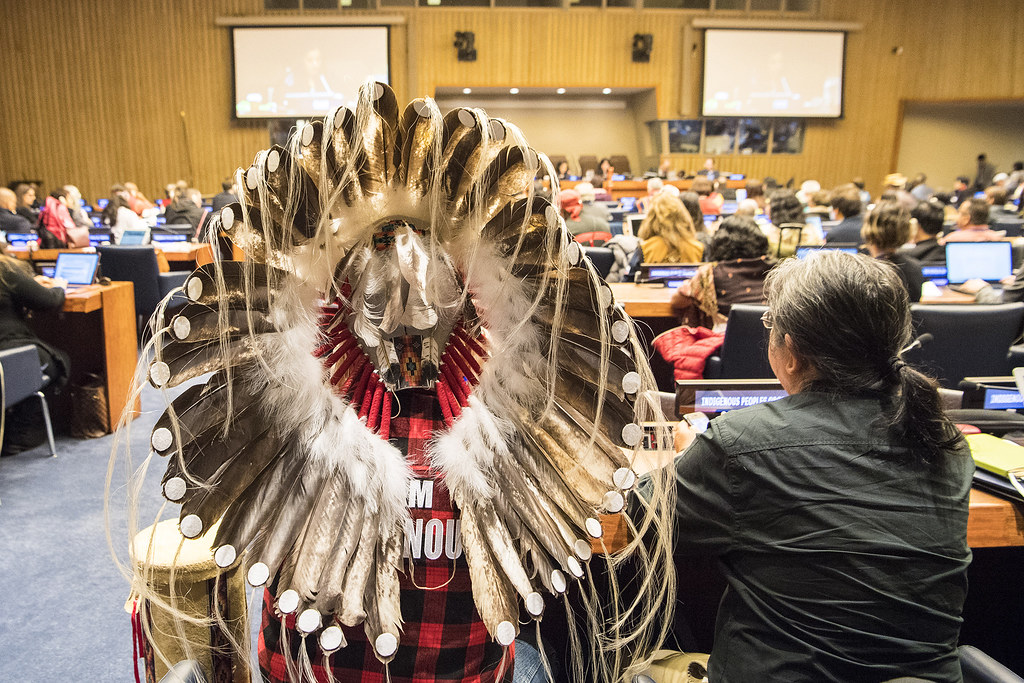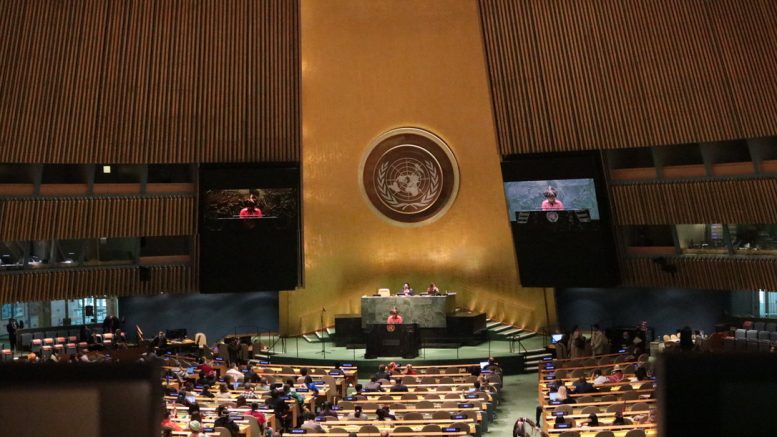Every spring, the United Nations Headquarters in New York sees a diverse gathering of individuals clad in vibrant and distinct attire, signifying the commencement of yet another meeting of the Permanent Forum on Indigenous Matters. This current year marks the 23rd anniversary of this occasion, with a focus on the involvement of youth in safeguarding the rights of indigenous communities.
Groups with historical roots
Native communities, totaling over 476 million individuals, reside in 90 nations globally, constituting 6.2 percent of the global populace. They speak the majority of the roughly seven thousand languages spoken worldwide. For a considerable time, they have been advocating for the preservation of their cultural heritage, ownership of ancestral lands, and responsible handling of natural resources . Their common bond lies in the historical link to territories they inhabited long before the era of colonization.
Rights of individuals
Indigenous individuals face nearly three times the likelihood of experiencing severe disadvantages compared to other groups. They constitute 15 percent of the world’s poorest population.
In recent times, there has been a significant rise in attacks against advocates for the communal rights of indigenous communities over their lands, territories, and resources. . Their cultural heritage remains under constant threat, and efforts to support and advocate for their rights often encounter opposition. These conflicts and violations of human rights lead to the involuntary displacement of indigenous communities and the loss of their land and possessions.

Indigenous females experience further forms of discrimination. They face violence at a rate three times higher than non-Indigenous women. The challenges have been worsened by the COVID-19 pandemic. Additionally, the absence of legal acknowledgment and insufficient disaggregated data essentially renders indigenous peoples invisible, further exacerbating the discrimination they endure. This necessitates renewed endeavors to address the adverse effects of historical injustices, discrimination, and assimilation that indigenous communities have endured for centuries.
The United Nations Human Rights Office carries out diverse initiatives across different nations and regions aimed at advancing the rights of indigenous peoples. The Indigenous Issues Forum was established in 2000 by the United Nations Economic and Social Council (ECOSOC) following a suggestion from the Commission on Human Rights. It comprises 16 experts, with half of them from governments and the other half from indigenous peoples. All members of the forum are elected for a period of three years.
Young Voices: The Role of Youth in the Struggle for Indigenous Rights
Young people play a crucial role in advocating the rights of indigenous populations and bringing positive change to their communities. Perhaps the main factor that makes youth participation important is their enthusiasm and desire for justice and equality. Young people bring a fresh outlook on the world and are ready to act with courage and energy.
One of the important aspects of youth participation is their active involvement in social activities and political life. Young leaders and activists provide a voice for indigenous peoples, express their interests and demonstrate the need for respect for their rights and cultural heritage. They participate in peaceful marches, conduct educational events, create awareness campaigns and petitions aimed at protecting indigenous peoples from discrimination, violence and rights violations.

In addition, young people actively use modern technologies and social networks to draw attention to the problems of indigenous peoples. They establish online platforms, forums and blogs where they discuss human rights, racism, environmental issues and other important topics. This helps spread awareness and mobilize public opinion in support of indigenous peoples.
Young people also have a considerable impact on shaping new approaches to sustainable development and the preservation of the cultural legacy of indigenous communities is also significantly influenced by young people. They actively engage in initiatives aimed at preserving languages, traditions, ecological knowledge, and resources, thereby contributing to the conservation of the distinct cultural and environmental harmony of indigenous communities.
It is important to note that supporting and engaging youth advocating for the rights of indigenous peoples not only bolsters their standing in society , but also helps create a more just and respectful world for all participants.

